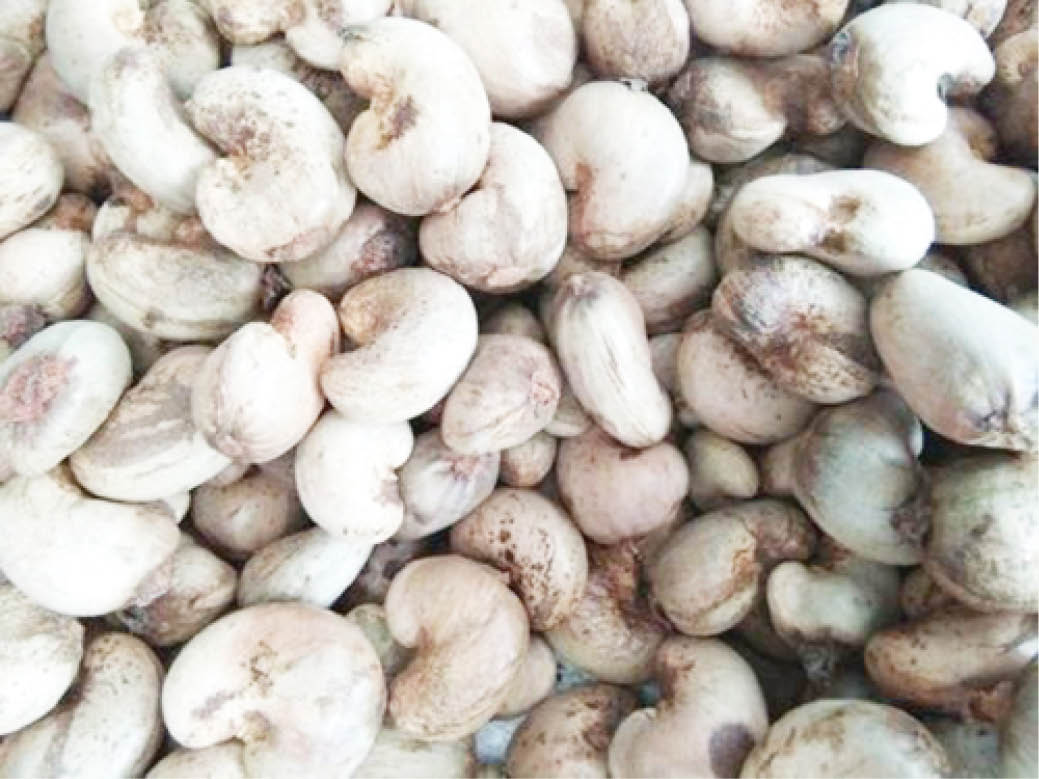The recent move by the Central Bank of Nigeria (CBN) to revamp the Nigerian Commodity Exchange (NCX) will bring a revolution in agricultural marketing in the overall interest of farmers across the country, managing director of the Exchange, Mrs Zaheera Baba-Ari, has said.
In an exclusive interview with Daily Trust, Mrs Baba-Ari said the latest intervention by the apex bank meant that the bank had taken its right position as the major shareholder of the Exchange.
- International Women’s Day 2021: Do you #ChooseToChallenge?
- Uncertainty about input availability as wet season approaches
Following a presidential approval, the CBN is to inject about N50 billion into the NCX and revamp it into an efficient world-class institution.
President Muhammadu Buhari had approved that the CBN, as a majority shareholder of the NCX, should collaborate with the Nigeria Sovereign Investment Authority (NSIA) and Africa Finance Corporation (AFC), under the Infraco Structure, to develop and implement a strategic repositioning plan for the Exchange.
Mrs Baba-Ari believes that the recent move would reposition the NCX to a world-class standard that would provide farmers with vibrant, transparent and efficient platform to trade their produce.
“We have always advocated that government should be assertive in its support of the NCX, for that is the only way commodity exchange can play a pivotal role in the diversification of the economy.
“The right time for that has apparently come in a seamless manner, with all the stakeholders in the value chain being carried along,’’ she said.
She added, “The coming of the CBN, which is our major shareholder, will help address issues around legislation and funding, which the Exchange has been battling with.
“The intervention means there will be more warehouses for produce storage, laboratories and sensitisation for farmers in rural communities.’’
What farmers stand to gain
According to the NCX boss, with a vibrant Commodity Exchange Commission, the days when middle men would visit farmers and force them to sell their produce at lower price would go.
She said that with the Exchange, smallholder farmers could group themselves and trade their produce through brokers on a transparent platform and at appreciable approved prices.
She said that apart from farmers trading on their platforms, they could store their produce in their warehouses to wait for price appreciation and as well obtain commodity receipts, which they can use as collateral to obtain loan from financial institutions.
She said the new intervention would guarantee large volume of trade through the Exchange, which will attract more commissions that will be remitted to the government through the Treasury Single Account (TSA).
Farmers welcome CBN’s intervention
In the meantime, farmers in the country are hopeful that with the injection of N50bn to reposition the NCX, better days lie ahead.
Reacting to CBN’s initiative, the president of the All Farmers Association of Nigeria, Kabiru Ibrahim, an architect, said, “A good Commodity Exchange Commission is definitely a good omen to Nigerian farmers, so reinvigorating it by injecting N50bn is no mean an achievement and we wholly support and appreciate it.
‘’Ethiopia’s Commodity Exchange Commission is a very good case in point in enhancing the statuses of the smallholder farmers in that African country.
“We applaud the decision to make the Commodity Exchange Commission of Nigeria more impactful by the N50bn intervention by the CBN.’’
He said the intervention would further consolidate the gains in Nigeria’s agricultural sector by creating a good market for farmers’ produce.
“We will sensitise farmers on the benefits of the seamless transactions on the platform as a good alternative to the incessant haggling and rip-offs they experience from middlemen currently,’’ he said.
Mohammed Nasiru, an agriculturist, said such intervention was long overdue, considering the critical roles marketing play in agricultural value chain.
He said a vibrant Nigeria Exchange Commission would guarantee an effective platform for farmers to trade their produce at encouraging prices and it would spur more production.
“There is no doubt that the CBN is coming at a better time. What is happening now is that the middlemen would just go to rural communities to mop up the produce at give-away prices, and that can discourage farmers,’’ he said.

 Join Daily Trust WhatsApp Community For Quick Access To News and Happenings Around You.
Join Daily Trust WhatsApp Community For Quick Access To News and Happenings Around You.


